Phonics recognition Grammar Worksheets for Ages 8-9
4 filtered results
-
From - To
Enhance your child's reading and writing skills with our engaging Phonics Recognition Grammar Worksheets designed specifically for ages 8-9. These printable resources help children master phonics while reinforcing their grammar knowledge, ensuring a strong foundation in communication. Each worksheet features interactive exercises that promote phonemic awareness, enabling kids to decode words and understand sentence structure effectively. Perfect for both classroom and home learning, our worksheets foster a fun, hands-on approach to education, making language arts exciting. Equip your young learner with the skills they need for academic success and watch their confidence flourish as they master phonics and grammar through play!


Phonics and Word Recognition: Assessment 1 Worksheet


Phonics and Word Recognition: Assessment 1 Worksheet


Phonics and Word Recognition: Assessment 2 Worksheet
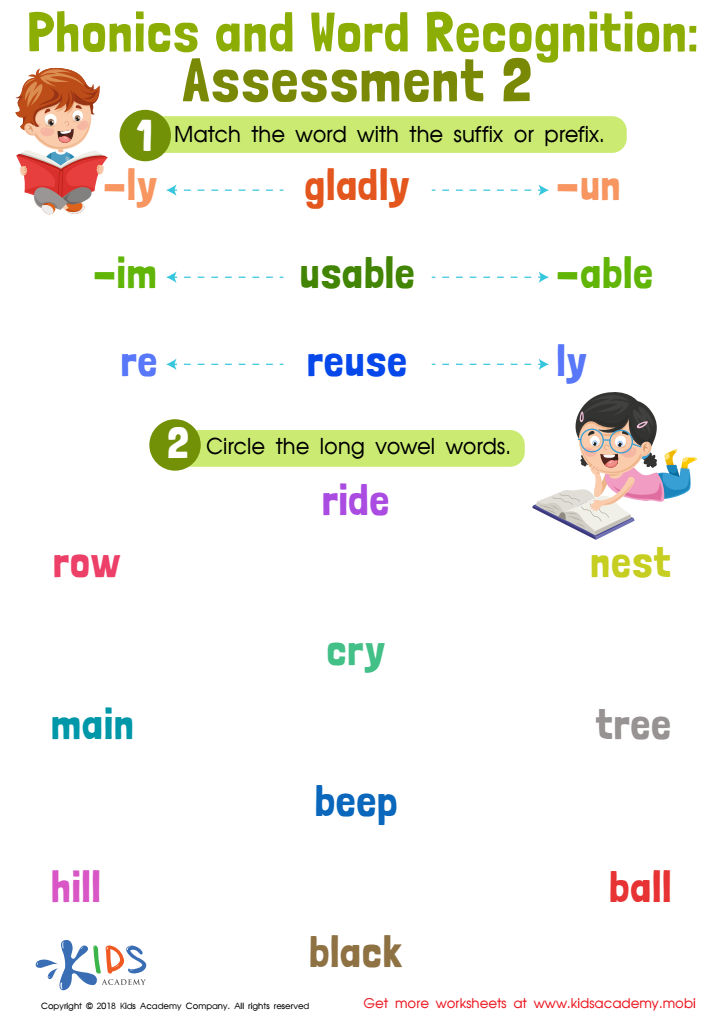

Phonics and Word Recognition: Assessment 2
Phonics recognition and grammar are crucial for children aged 8-9 as they form the foundation for effective reading and writing skills. At this age, students are transitioning from learning to read to reading to learn; their ability to decode words impacts comprehension. Phonics recognition—understanding the relationship between letters and their corresponding sounds—enables children to tackle new words independently, fostering confidence and a love for reading. As they encounter more complex texts, strong phonetic skills help them read fluently and understand context better, which is essential for academic success in all subjects.
Similarly, grasping basic grammar rules facilitates clear communication. Children learn how to structure sentences, use punctuation, and convey thoughts coherently, which are vital skills not only in English but across disciplines. Clear communication becomes increasingly important as they partake in more advanced discussions and written assignments.
Furthermore, mastery of phonics and grammar in this developmental stage supports critical thinking and problem-solving skills, setting the groundwork for lifelong literacy. Engaging with these skills now paves the way for children to express themselves confidently and understand the world around them, enhancing their overall educational experience. Thus, it’s vital for parents and teachers to prioritize phonics and grammar mastery during these formative years.
 Assign to My Students
Assign to My Students
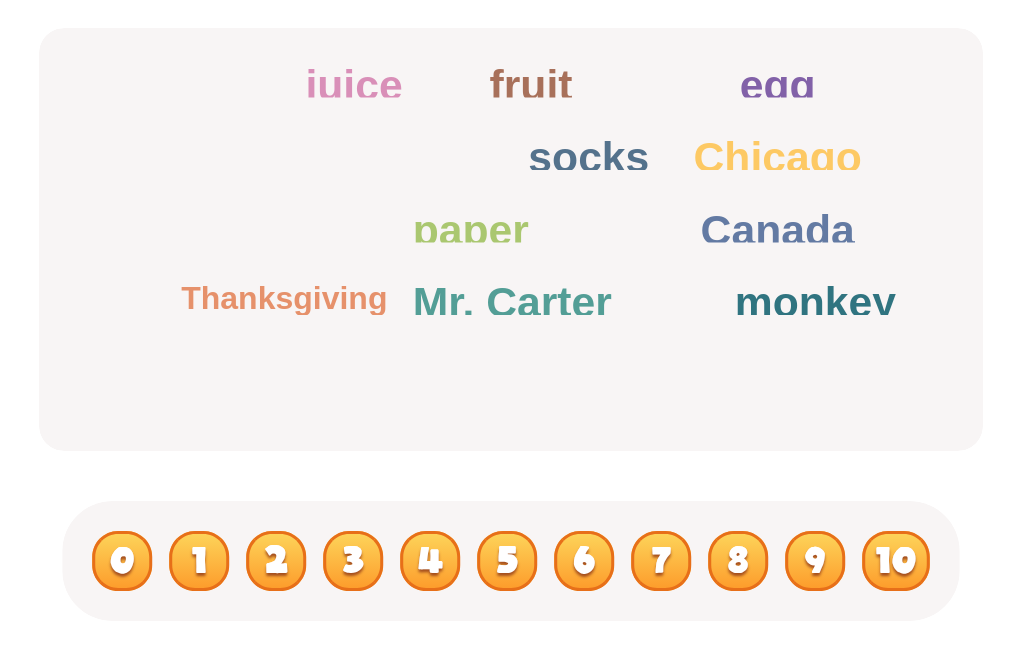
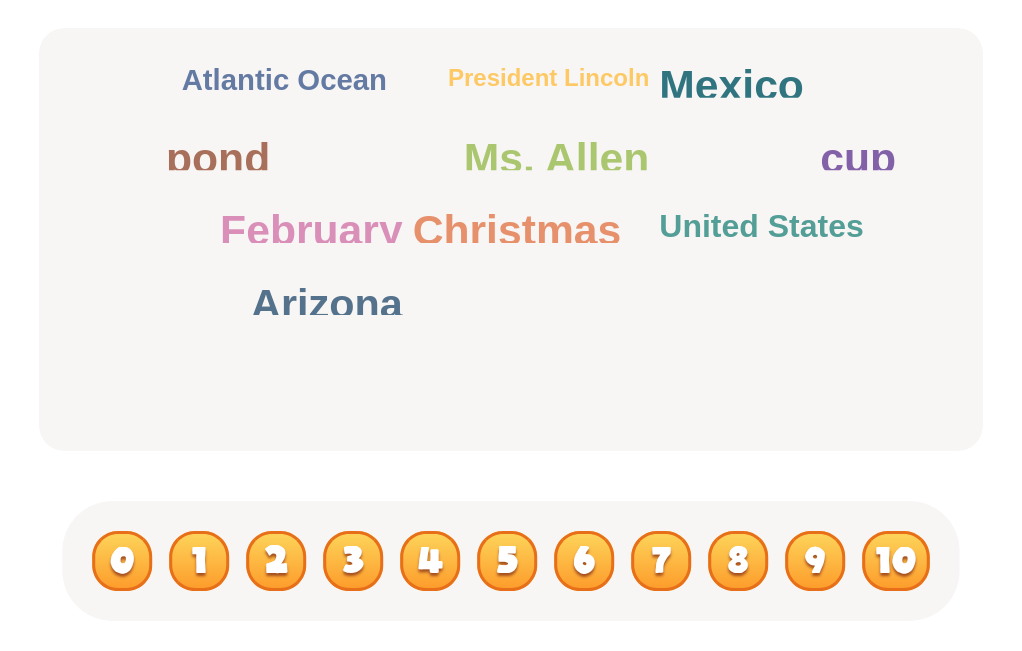
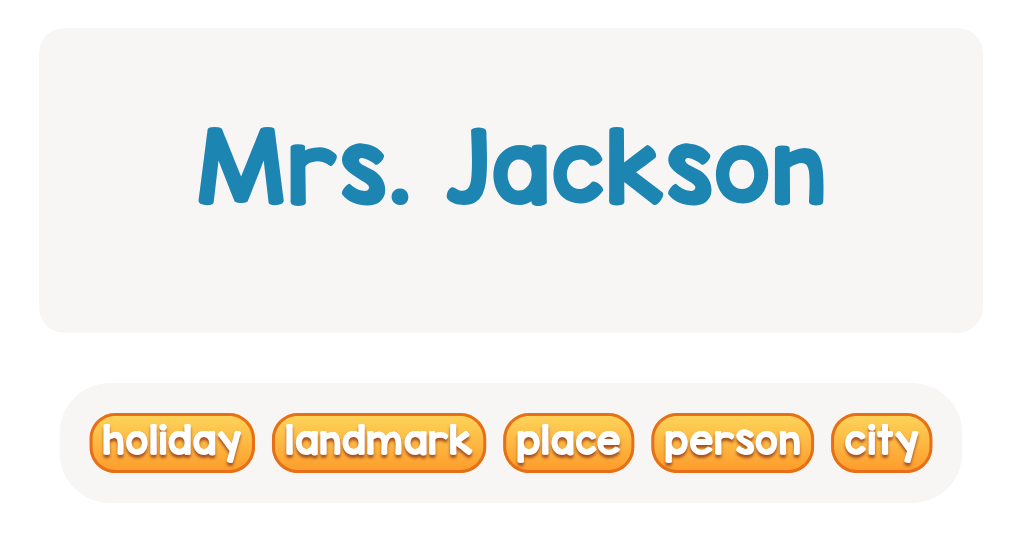
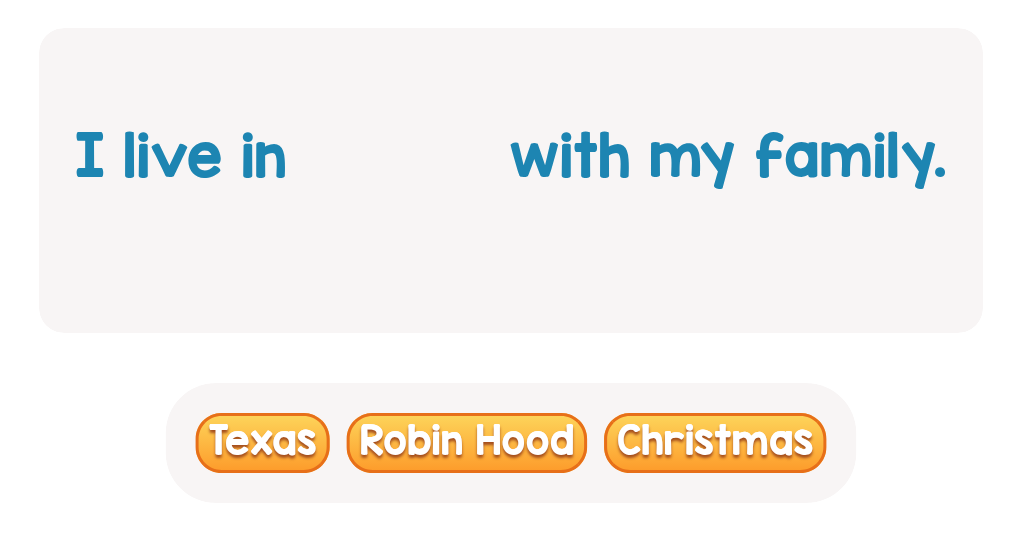

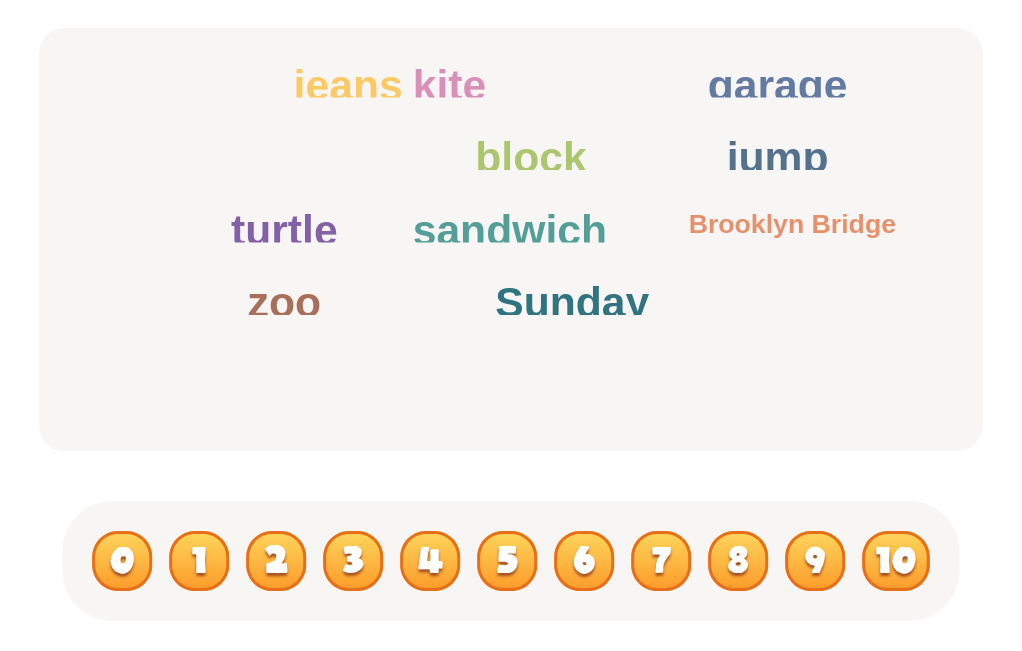
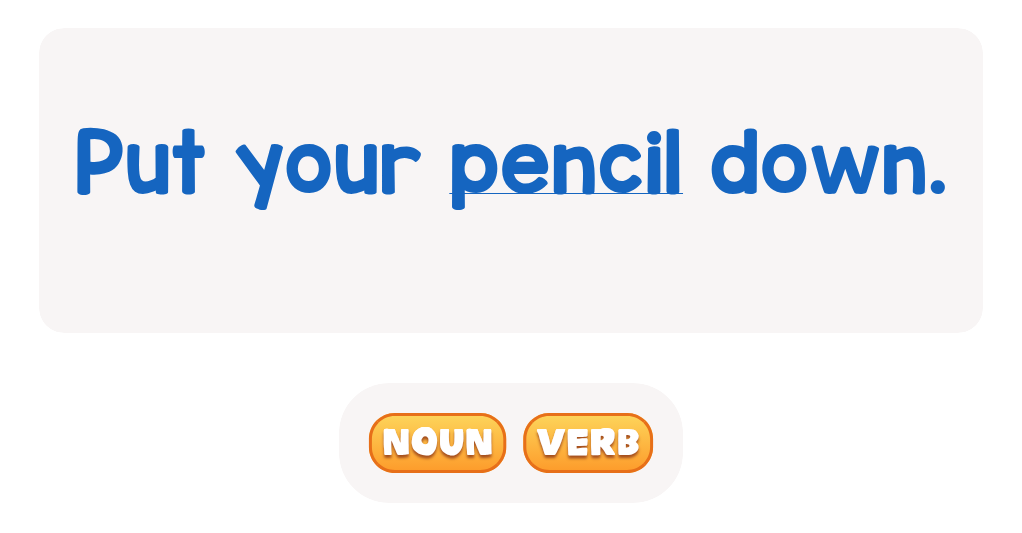
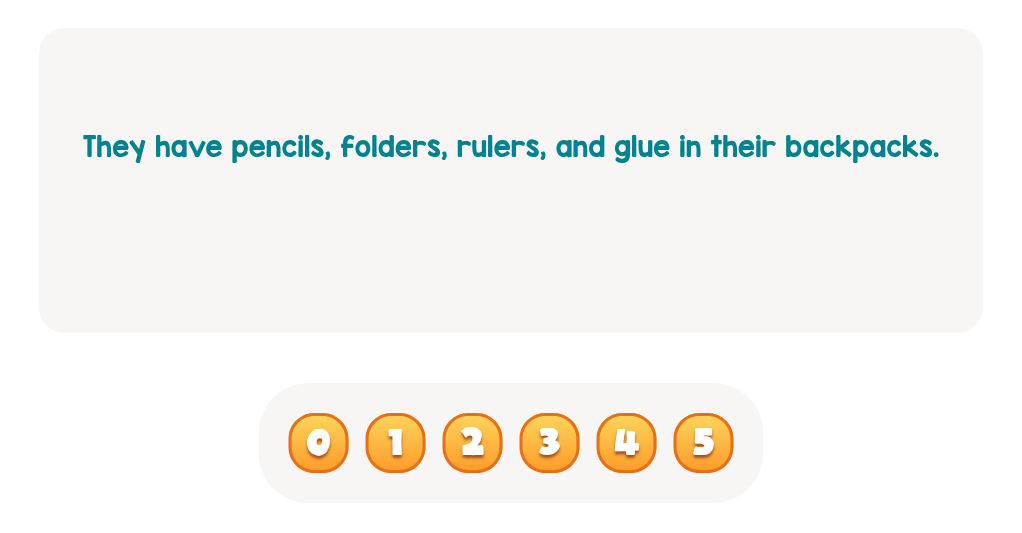
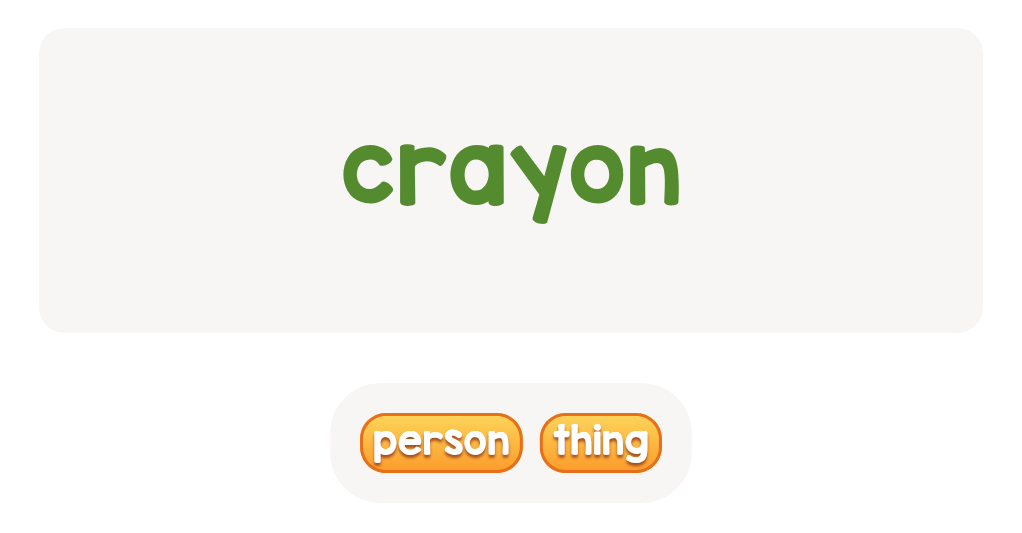
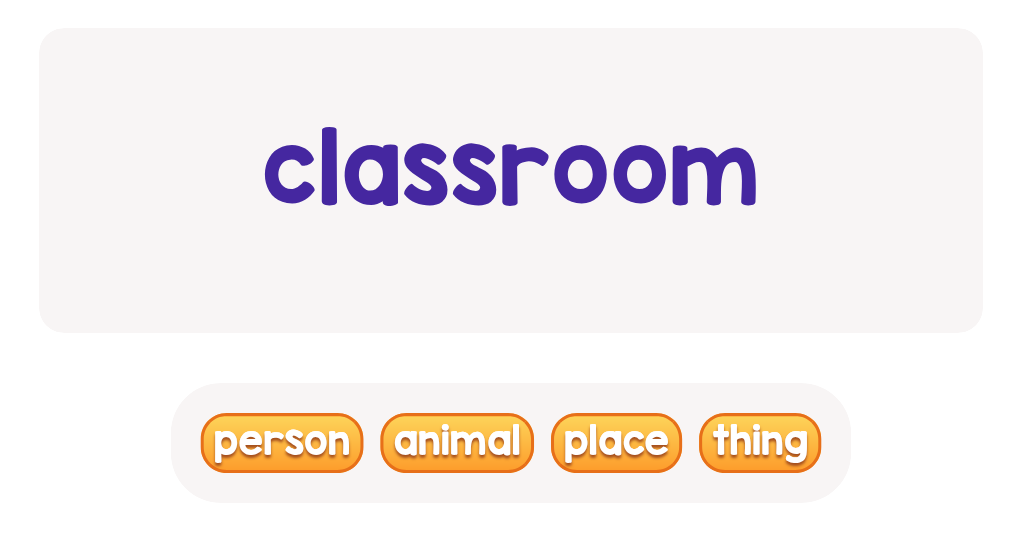




.jpg)















